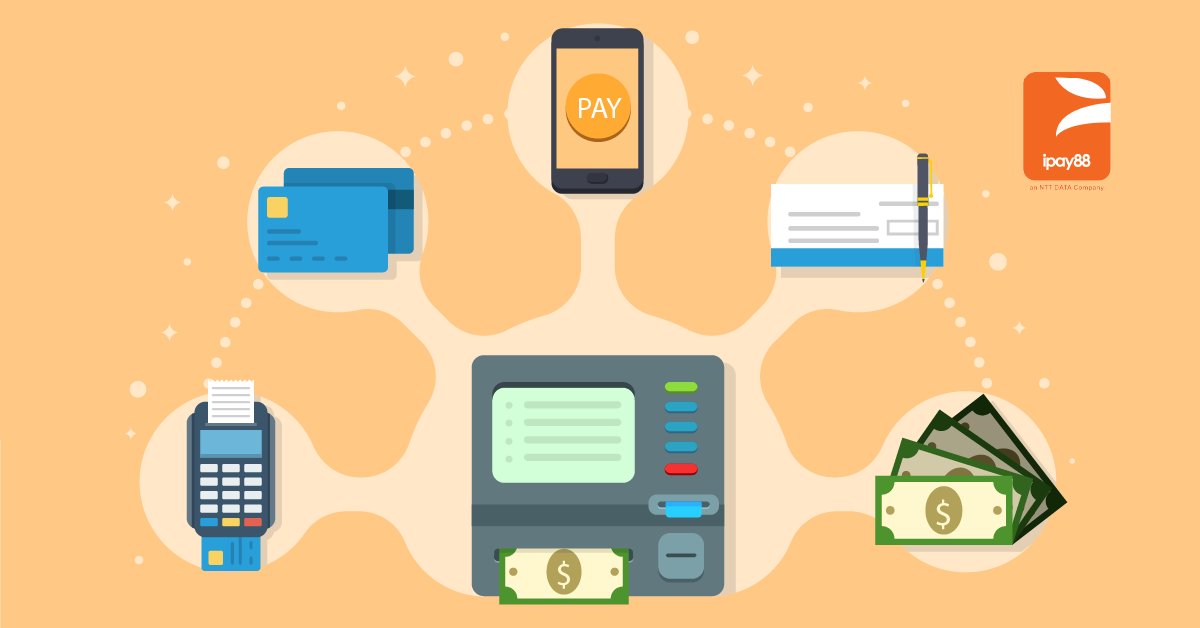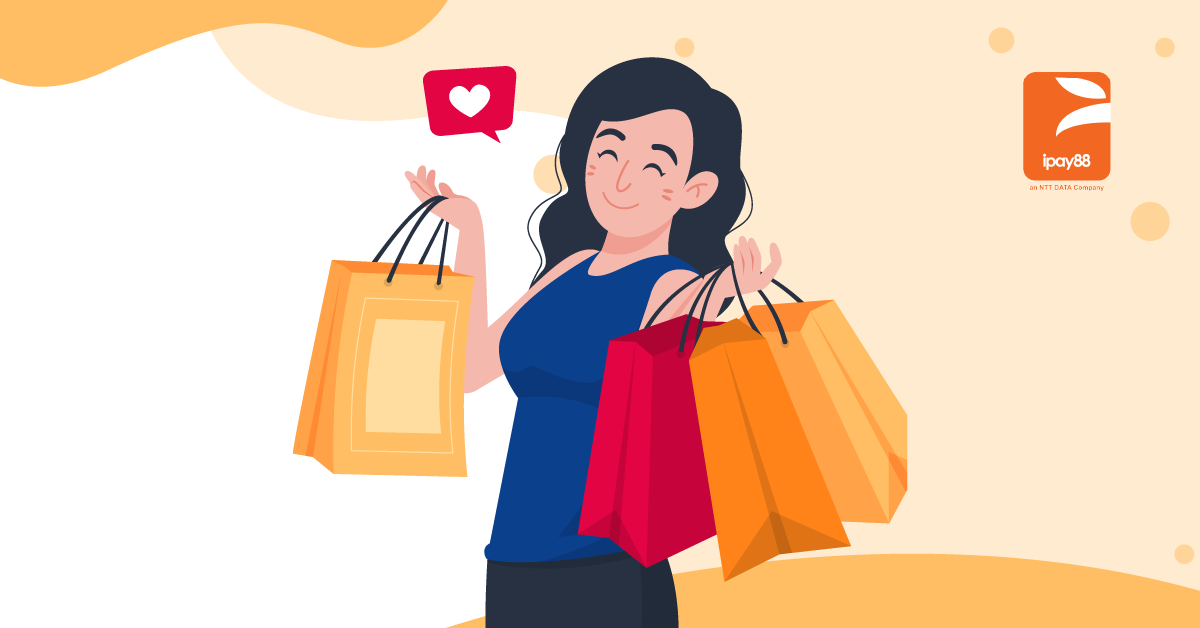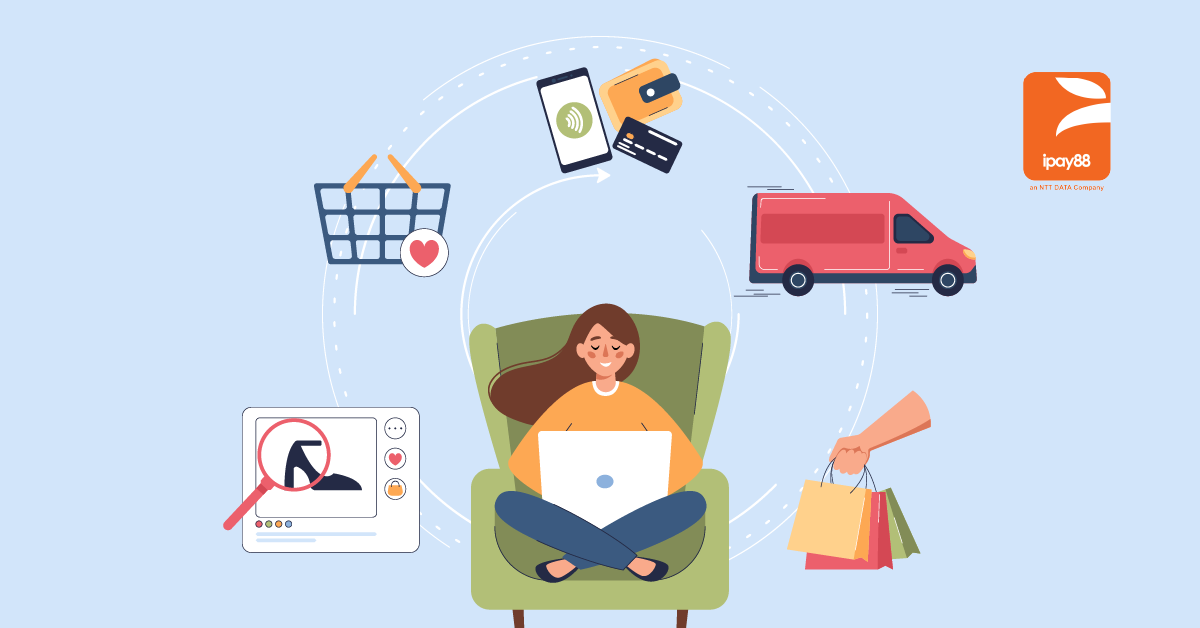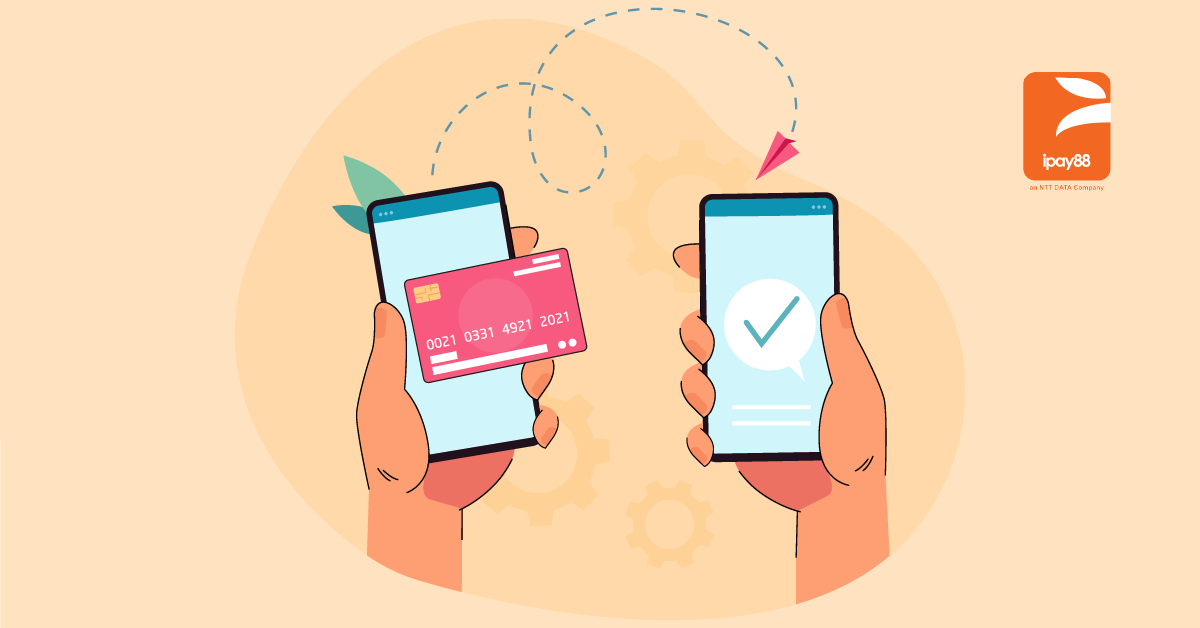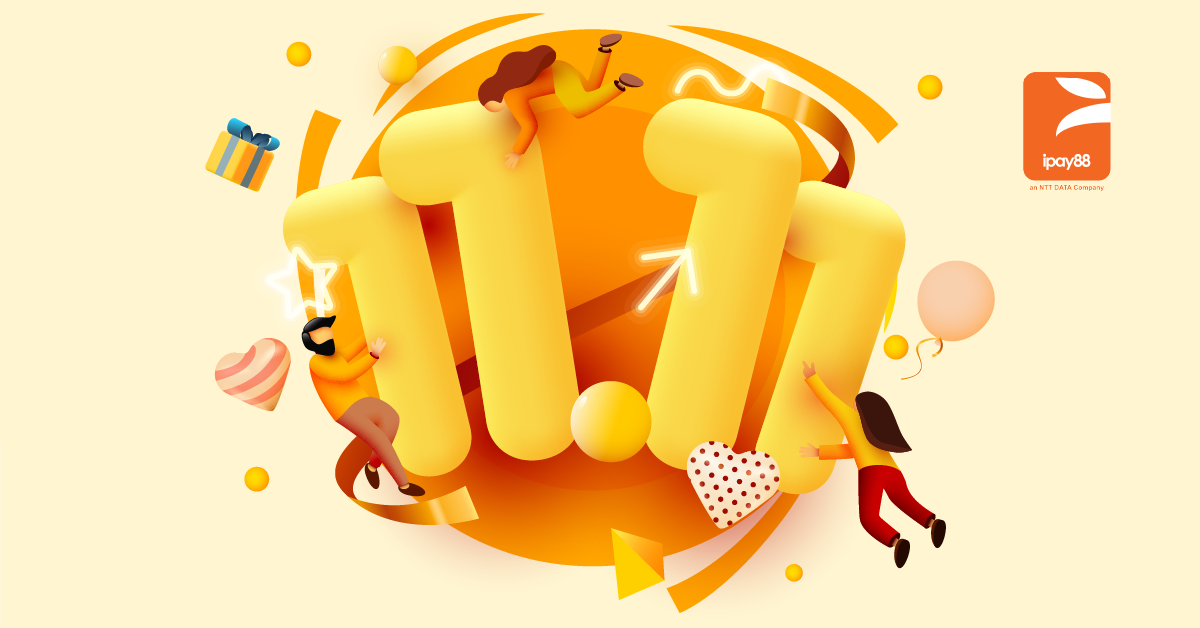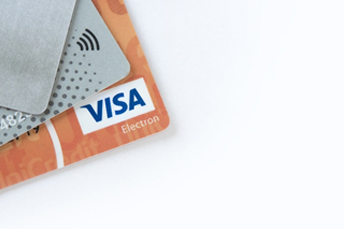
Payment processing in the past
It seems hard to believe now, but years ago, businesses did not accept credit cards and in general credit cards were perceived as a big novelty. Before the boom of e-commerce in the mid 2000s, businesses had to determine whether accepting credit card payments was the best decision for their businesses.
Even though, cash has always been the most commonly accepted payment method, today it is rare to see a vendor not accepting bank card payments. Often those who don’t, are small merchants selling in Pasar Malam or on the street.
A global survey by Nielsen shows that, Malaysians are concerned about cyber-safety and are more hesitant to shop online or make online payments on their smartphone or tablet device although their personal information is well protected.
The survey also shows that 60% of Malaysian consumers said that they preferred to pay in cash. With that, a lot of businesses outside there are adopting cash-on-delivery (COD) as an additional payment method.
For example, online food delivery services, marketplaces, or even traditional brick-and-mortar stores often offer this popular payment method to their customers. This service allows “a fraud” free payment method for the e-commerce industry in Malaysia. However, it is not entirely safe, as sometimes big amounts of cash may be carried around.
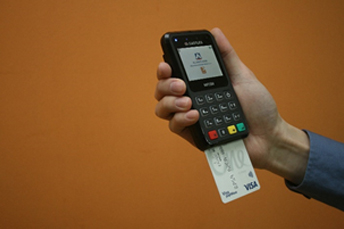
Payment processing in the present
The payment industry has been changing substantially. The method of payment from COD (Cash on delivery) has been changed to COD (Card on delivery). Instead of paying cash upon receiving goods, now customers make payments through debit or credit card upon receiving goods.
For example, when customers order food, upon delivery, the delivery guys can accept card payments through mPos device. You can expect your customers to have a better customer experience, as customers now no longer need to take time to prepare the exact cash amount to pay to vendor and can enjoy a hassle-free, paperless experience by receiving an e-receipt.
Even now, merchants could opt for a payment method by iPay88, which enables people having no access to any financial institution to shop online. It is called Pay4Me and is one of the ways to guarantee a better overall customer experience.
With Pay4Me, a payment can be made by a third-party, who is not the main shopper. If your business mainly targets youths or young adults, it’s the best time for merchants to enable the “Pay4Me” feature as the additional payment method.
As most Gen Y and Gen Z do not have access to credit cards, this payment method would be able to empower them to shop at your online store. Pay4Me is an add-on feature, which comes at no additional cost for iPay88 merchants.
Payment processing in the future
Who knows what the future is going to bring us? Shoppers can even start paying for groceries using just the veins in their fingertips.
No bank cards, cash, or QR codes may be required in the future, as the payment industry progresses towards providing a seamless experience of payments. This means that we will be making payments without even noticing it.
Why is this happening? Thanks to technology which has been advancing from day to day. From cash to credit cards, from credit cards to mobile payments, the technology for payment processing is advancing at a very fast pace.
Technology has made us less reliant on cash. This has been in line with Malaysia’s central bank goal to make Malaysia a cashless society by 2020.
Despite the ever-changing world of online payment solutions that are available, credit cards have replaced debit cards as the most preferred method of payment in the US, according to a 2016 US Consumer Payment Study by TSYS.
iPay88 is always there to provide merchants with free advice on how to maximise the potential of their business and how to move online.

